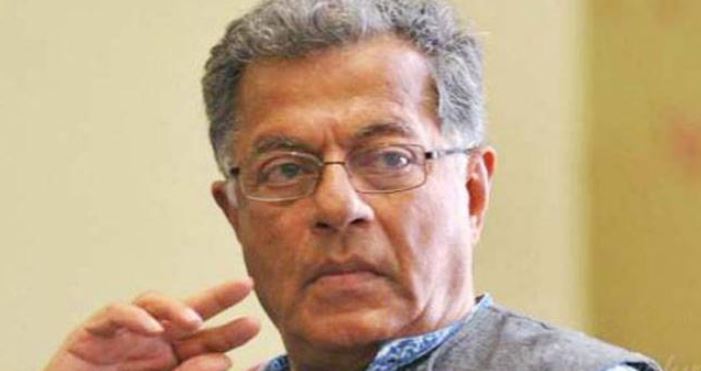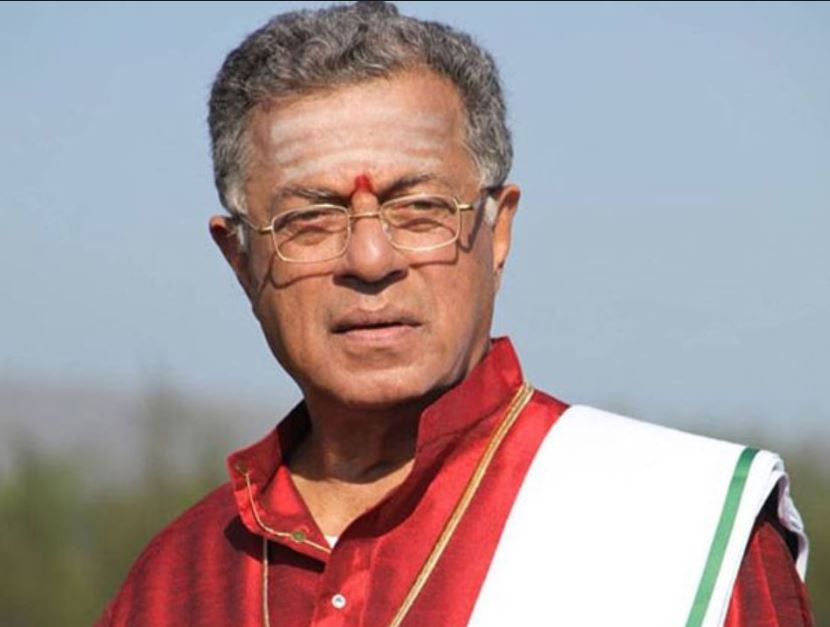OdishaPlus Bureau

Playwright, filmmaker and actor Girish Karnad passed away at his residence in Bengaluru on Monday morning. He was 81.His death brings to an end a glorious chapter in modern Indian theatre. It is Karnad who helped shape modern theatre through his work since the early 1960s.
Karnad wanted to become a poet in English but he found himself writing a play in Kannada while on the way to Oxford. He was a Rhodes Scholar. His first play was Yayati, a reworking of a myth from the Mahabharata. He was only 26 when he wrote the path-breaking Tughlaq (1964), a play that successive generations of theatre personalities have used to examine the promise and disillusionments of Indian society.

Karnad mostly wrote in Kannada.His plays used history, myth and folklore to explore the fault lines of Indian society. His plays were influenced by ideas of secularism and constitutional morality. Together with Badal Sircar in Bengali, Vijay Tendulkar in Marathi and Mohan Rakesh in Hindi, he created a new dramatic language. Some of his most popular plays include Hayavadana (1972), Nagamandala (1988), Agni Matte Male (1995) and Taledanda (1990).

As an actor, Girish Karnad was a part of the parallel cinema movement, with significant roles in Shyam Benegal’s Nishaant and Manthan. He debuted as a film actor with Samskara, based on a novel by fellow Kannada writer UR Ananthamurth. Girish Karnad was awarded the Padma Shri in 1974 and the Padma Bhushan in 1992. He also received the Jnanpith Award, India’s highest literary prize in 1999 for his contributions to literature and theatre.
As a public intellectual, Girish Karnad was fiercely critical of right-wing fundamentalism and state excesses. Last year, he turned up at a memorial function for the assassinated journalist Gauri Lankesh, wearing the placard #UrbanNaxal – as a protest against the arrest of human rights activists and lawyers Sudha Bhardwaj, Surendra Gadling, Shoma Sen, Mahesh Raut, Sudhir Dhawale and others.
Two of his plays – Hayavadana and Nagamandala – have been translated into Odia and have been staged.While ‘Hayavadana’ was translated by Manoj Patnaik, Ramakanta Mishra translated ‘Nagamandala.’
.’






















